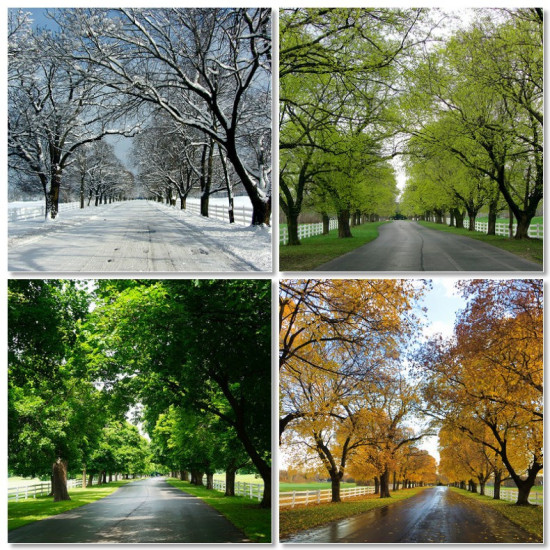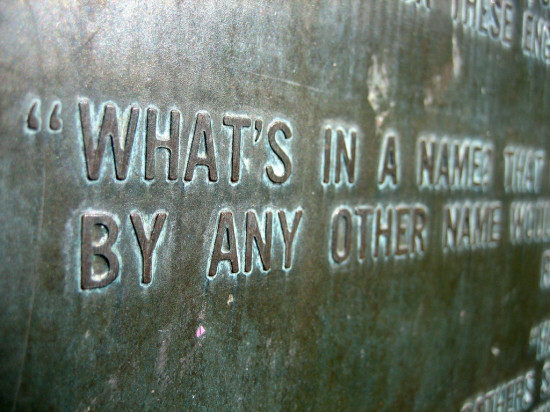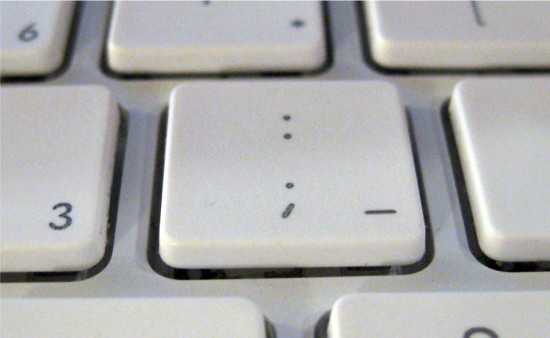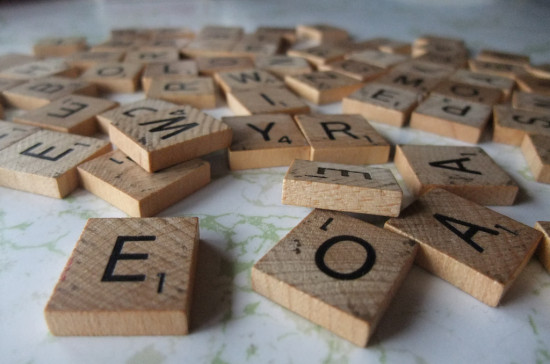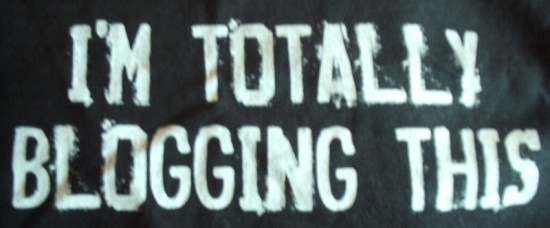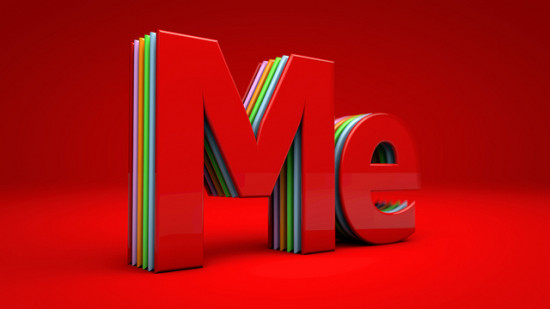What Are Power Words?

Power Words in Marketing
Let’s suppose I’m a fitness expert and on my website, my slogan is “Feel good about your body.” That’s pretty strong already, but almost anyone can feel good about their body, even if they are overweight and a couch potato.
Let’s make that more powerful: “Feel good about your body again.” Now I’m implying that you don’t feel good about your body, but there was a time when you did, and that if you take action, you’ll feel better about it. Suddenly, my slogan says a whole lot more. Our overweight couch potato is less likely to say, “I feel fine about my body, thanks,” and is more likely to say, “Yes, I’d like to feel good about my body in the same way I used to when I was trim and active.”
One word engages the imagination. In our example, those who know they used to feel better about their bodies than they do now will remember that, and maybe they’ll want to experience that feeling again. They have a reason to read on to find out how the fitness training can help them.
Power words engage the emotions and the imagination in marketing. Have you ever noticed that marketers will say things like “This could be you,” or “Imagine…” followed by some vision of loveliness that you definitely can imagine and certainly would want.
Other power words marketers love are “scientifically proven,” “innovative,” or “unique.” But be careful how you use them. People are becoming suspicious of the most commonly used power words.
For example, when I see the word “innovative,” I’m no longer convinced. 90% of companies will tell you that they or their products are “innovative.” How are they all innovative? They may have some difficulty explaining. In fact, their business or its products may be very similar to their competitors’. That means they aren’t innovative at all.
Instead of using the same power words that everyone else uses, put yourself in your customers’ shoes and ask yourself what words would have an impact on them. What emotions relate to the need your product is trying to address?
- Will you relieve your customers’ worries and fears?
- Will you enhance their status?
- Can you improve their social life?
- Will they be entertained or amused?
- Are they likely to have a better self-image if they choose what you’re selling?
What words will bring the feelings behind these needs across powerfully? Just be sure that what you’re offering really can deliver on the promise your words imply. For example, I once did some writing for a guy who had an invoicing service. One of his slogans was “Get paid faster.” I’m all in favor of that! That’s powerful stuff! I especially like “paid” and “faster.” But he proved to be an excruciatingly slow payer, even when I used his own invoicing and reminder service to bill him. Do I use it now? Take a guess for yourself.
Power Words in Your Resume
When you’re writing a resume, you obviously have to be much more formal, but you still want to use power words. It’s just the type of words that become powerful that differ. In resume writing, you want to highlight the things you’ve done, so ‘doing’ words become more important.
Most experts will tell you to start each sentence describing your work history with a past tense verb. For example, words like “achieved,” “designed,” “conceived,” “coordinated,” “generated,” “exceeded,” and “implemented” are all considered powerful when writing a resume. Some recruiters even have software that looks for them and draws them to HR managers’ attention.
Power Words for Writers
It’s not just people selling their services as employees and those who want to persuade you to buy their products or services that use power words. Nothing could be more powerful than the carefully chosen words used in great works of literature. How do they sway your emotions? Why do you get “sucked in” so you simply can’t put a book down till you’ve finished it? It’s the power words that writers use that make us feel as if we’re ‘part’ of a story.
A good writer can stir us to want to make war or inspire us to love. They can make us laugh or cry, believe in their cause or identify with the feelings of fictional characters who never existed in reality. They can make us feel as if we’re in the midst of a bustling city or alone on a misty mountaintop. That’s the power of words.
Almost any word can be a power word, depending on how you use it. Adjectives, adverbs, and words that express or evoke emotions are among these, but as we’ve seen, a simple word like “again” can add power to a phrase.
(Photo courtesy of Reuben Whitehouse)


